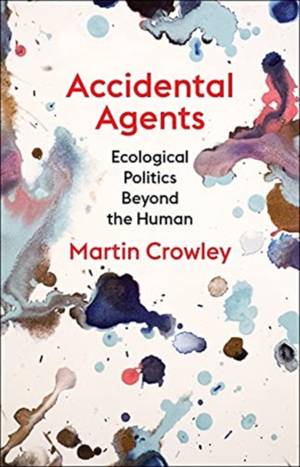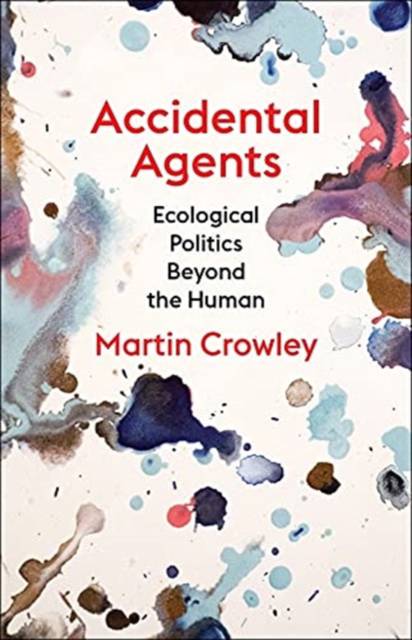
- Retrait gratuit dans votre magasin Club
- 7.000.000 titres dans notre catalogue
- Payer en toute sécurité
- Toujours un magasin près de chez vous
- Retrait gratuit dans votre magasin Club
- 7.000.0000 titres dans notre catalogue
- Payer en toute sécurité
- Toujours un magasin près de chez vous
Description
In the Anthropocene, the fact that human activity is deeply enmeshed with the existence and actions of all kinds of other beings is inescapable. As a result, the planetary ecological crisis has brought forth an urgent need to rethink understandings of human action. One response holds that the transformations necessary to tackle today's crises will emerge from the distinctive capacity of human beings to transcend their environment. Another school of thought calls for seeing all action as composite, produced by distributed networks of human and nonhuman agents. Yet the first of these is open to charges of human exceptionalism, while the second, according to its critics, lacks effective political traction. Martin Crowley argues that a new conception of political agency is necessary to break this impasse. Engaging with thinkers such as Bruno Latour, Bernard Stiegler, and Catherine Malabou, Crowley proposes an original account of agency as both distributed and decisive. Challenging the prevailing view of agency as exclusively human, he explores how a politics that incorporates nonhuman agency can intervene in the real world, examining timely issues such as climate-related migration and digital-algorithmic politics. A major intervention into ongoing debates in posthumanism, political ecology, and political theory, Accidental Agents reshapes our understanding of political agency in and for a more-than-human world.
Spécifications
Parties prenantes
- Auteur(s) :
- Editeur:
Contenu
- Nombre de pages :
- 312
- Langue:
- Anglais
- Collection :
Caractéristiques
- EAN:
- 9780231204026
- Date de parution :
- 08-02-22
- Format:
- Livre relié
- Format numérique:
- Genaaid
- Dimensions :
- 140 mm x 216 mm
- Poids :
- 521 g

Les avis
Nous publions uniquement les avis qui respectent les conditions requises. Consultez nos conditions pour les avis.






